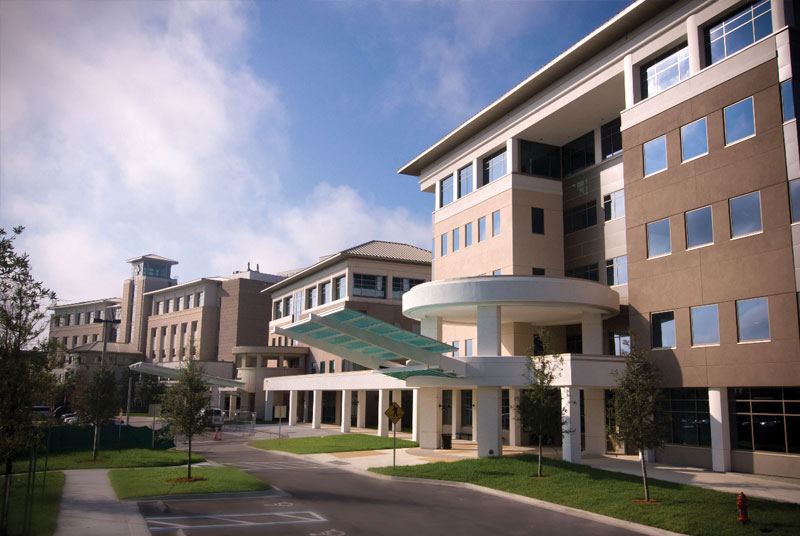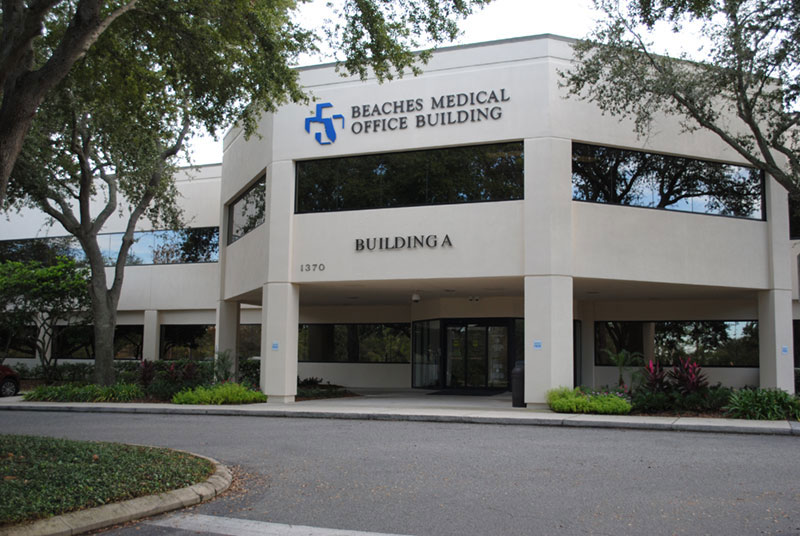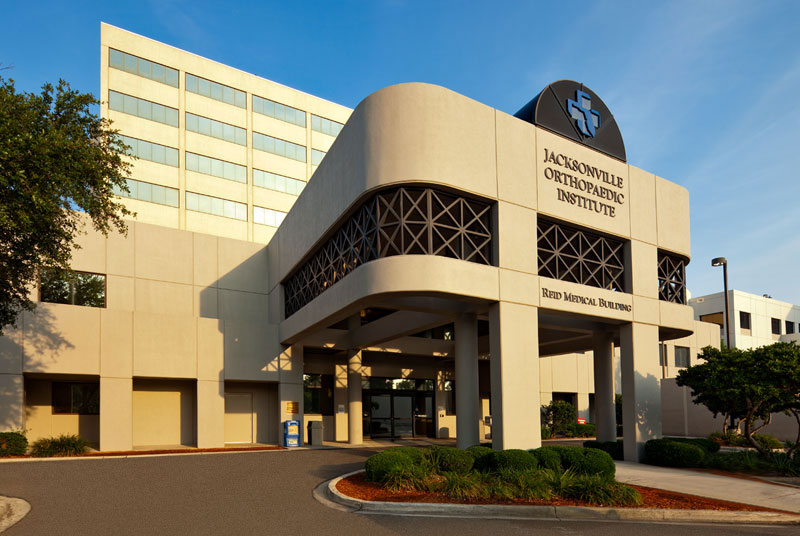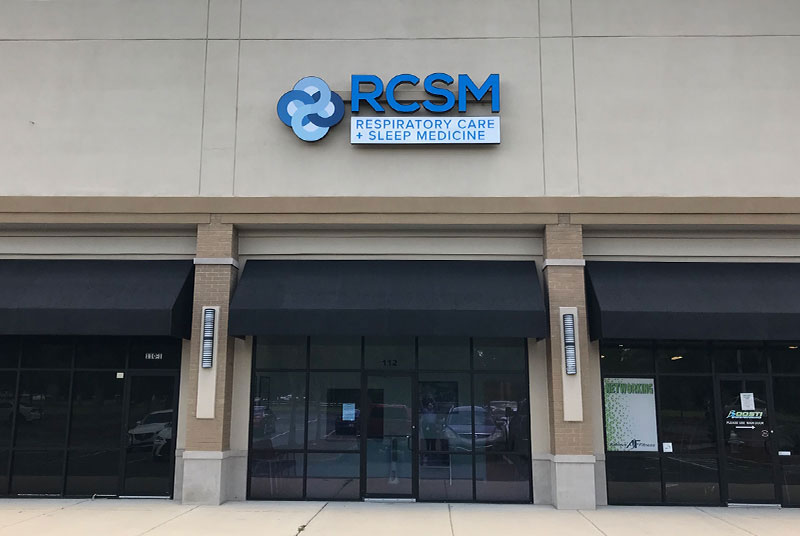Sleep Better.
Breathe Better.
Live Better.
Get the sleep you’ve been dreaming of and connect with a doctor to take the first step toward a healthier life.

Struggling with CPAP?
Inspire may work for you. See how tens of thousands of sleep apnea
patients have gone from counting sheep to better sleep.

How We Help
Respiratory Care
With a combination of treatments, education, and exercise programs, our doctors will help improve your short-term problems or chronic lung diseases, so you can improve your quality of life.
Sleep Medicine
Our team offers the highest quality diagnostic and medical treatment procedures for all sleep disorders in a comfortable environment for accurate and proven results.
Testing
We offer a variety of advanced testing capabilities that provide the accurate scientific data to help us determine the best care for your breathing and sleeping problems.
Respiratory Care
With a combination of treatments, education, and exercise programs, our doctors will help improve your short-term problems or chronic lung diseases, so you can improve your quality of life.
Sleep Medicine
Our team offers the highest quality diagnostic and medical treatment procedures for all sleep disorders in a comfortable environment for accurate and proven results.
Testing
We offer a variety of advanced testing capabilities that provide the accurate scientific data to help us determine the best care for your breathing and sleeping problems.

Here for you
Our team of physicians and nurse practitioners have diverse areas of focus, backgrounds and expertise with a mutual approach — you come first.
Locations Near You
14540 Old St Augustine Road
Medical Office Bldg II, Suite 2403
Jacksonville, FL 32258
1370 13th Avenue South
Medical Office Bldg A, Suite 220
Jacksonville Beach, FL 32250
1325 San Marco Blvd
Suite 300
Jacksonville, FL 32207
2349 Village Square
Suite 112
Fleming Island, FL 32003





